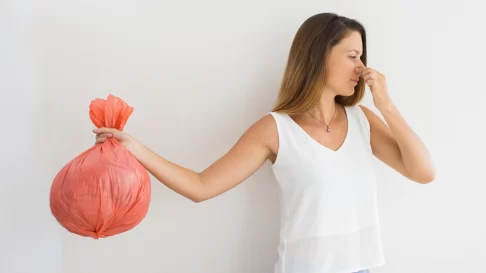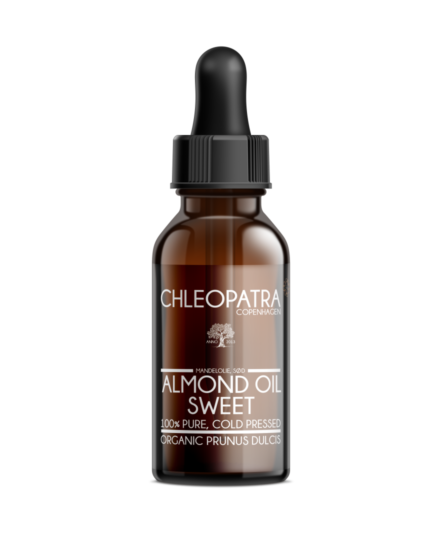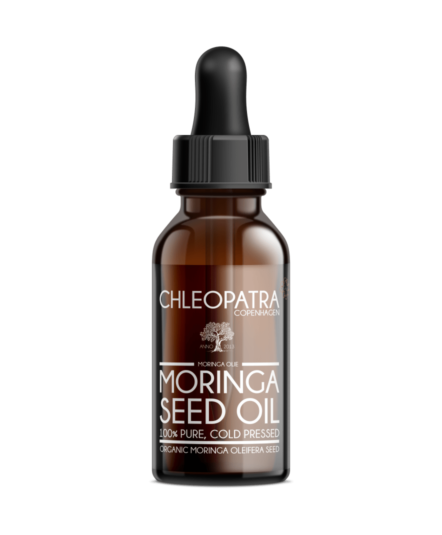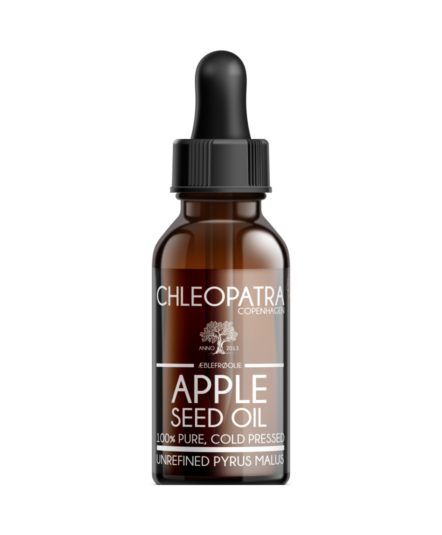There are several different types of psoriasis, including psoriasis vulgaris (common plaque type - also called chronic plaque psoriasis), guttate psoriasis (small, droplet-like patches), inverse psoriasis (which occurs in folds, usually on the arms, navel, groin, buttocks and nails), and pustular psoriasis (with small pus-filled yellowish blisters) and sebo-psoriasis (appearing as red, scaly patches. Most common on the scalp, behind the ears, on the face and above the shoulder blades).
What is psoriasis?
Psoriasis (PP) is a skin disease that causes scaling and inflammation (pain, swelling, heat and redness). Skin cells grow deep in the skin and slowly rise to the surface.
This process is called cell turnover and it usually takes about a month. With pp, it can happen in just a few days because the cells rise too quickly and accumulate on the surface.
Psoriasis is a skin diseasewhich allows cell renewal to go a little too fast, but is still a bit of a mystery, so the cause is not yet known for sure. The best oils for treating psoriasis are:
Evening primrose oil
Castor oil
Special shapes
When palms and heels are involved, it is known as palmoplantar psoriasis. In erythrodermic psoriasis, the entire skin surface is involved with the disease.
Patients with this form of PP often feel cold and can develop congenital heart failure if they already have an existing heart condition.
Nail pp produces yellow, pitted nails that can be mistaken for nail fungus. Scalp psoriasis can be severe enough to produce localised hair loss, lots of dandruff, and severe itching.
Recommended natural products for skin, hair and body
Essential Oils
Natural Raw Materials
Vegetable oils
Essential Oils
Vegetable oils
Vegetable oils
Natural Raw Materials
Vegetable oils
How does psoriasis occur?
The exact cause of pp is still unknown. It may be a combination of elements, including genetic predisposition and environmental factors.
It is also common for pp to occur in members of the same family. The immune system is thought to play a significant role in whether and if pp occurs, but despite research over the past 30 years, no one has yet found the actual trigger, so pp remains something of a mystery.
Natural treatment for psoriasis
Unfortunately, there is no cure for psoriasis yet, but there are several different treatment methods that can be used. These treatments can be localised on the skin with ointments, creams, oils or candles.
But relaxing treatments such as yoga and massage can also help combat stress, which is believed to help fuelling pp. By spending some time meditating, you may feel a little more comfortable during pp outbreaks.
Oils can help soothe and will nourish the skin with beneficial ingredients that can help improve the situation. Although some psoriasis sufferers have success with the use of oils, there is currently no scientific evidence to support this.

































Recommended natural products for skin, hair and body
Vegetable oils
Cold Pressed Apple Seed Oil 30ml - Chleopatra
Vegetable oils
Cold Pressed Andiroba Oil 30ml - Chleopatra
Essential Oils
Organic Frankincense Oil 10 ml Essential Oil - Chleopatra
Vegetable oils
Organic Marula Oil 10ml - Chleopatra
Vegetable oils
Organic Raspberry Seed Oil 30ml - Chleopatra
Skincare kits
Beard oil: Nordik Collection
DKK 436,00Original price was: DKK 436,00.DKK 369,00Current price is: DKK 369,00. (incl. VAT)Essential Oils
Organic Citronella Oil 10 ml Essential Oil - Chleopatra
Mineral Clay
Moroccan rasul clay 90g